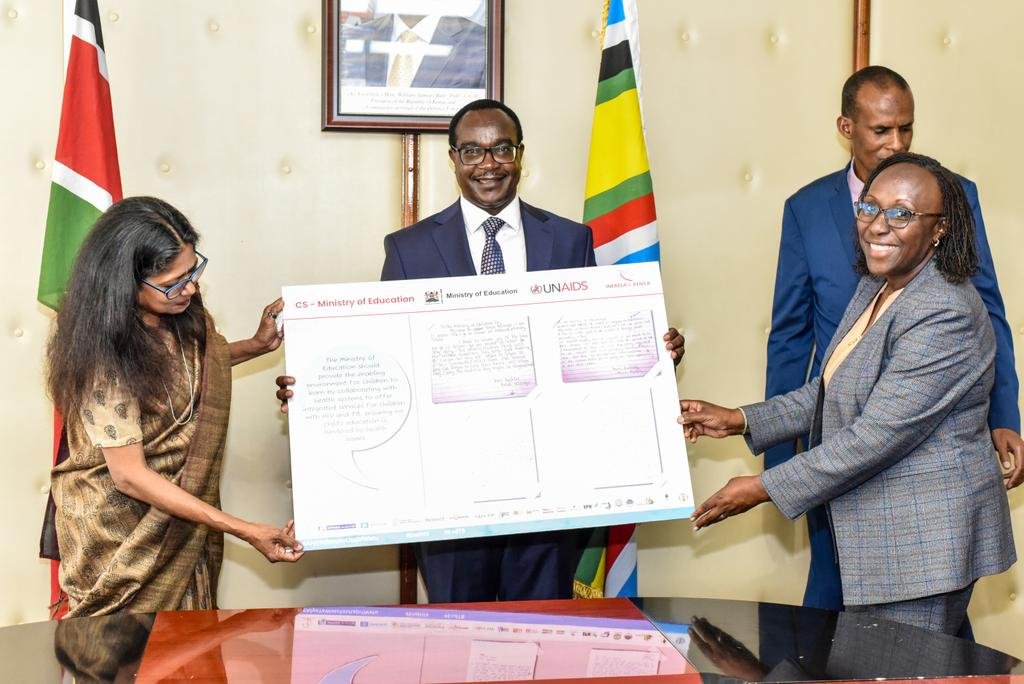
Introduction to the Meeting
The recent meeting held at Jogoo House, hosted by CS Julius Ogamba, marked a significant milestone in the ongoing educational collaboration between the Kenyan government and UNICEF. This event brought together key stakeholders, including Shaheen Nilofer, the UNICEF Country Representative, to discuss pressing issues surrounding education in Kenya and to explore avenues for strengthening existing partnerships. The backdrop of this meeting is characterized by a commitment to achieving educational resilience and access for all children amidst various challenges, such as the disruptions caused by the COVID-19 pandemic and ongoing socio-economic issues.
During the meeting, CS Julius Ogamba emphasized the importance of open dialogue between the government and non-governmental organizations like UNICEF. He acknowledged the vital role such partnerships play in addressing educational disparities and promoting inclusive learning environments. Shaheen Nilofer echoed these sentiments, highlighting UNICEF’s dedication to supporting the Kenyan government’s initiatives aimed at enhancing the quality of education, particularly among marginalized communities. This discourse underscores the shared objectives of both parties to ensure that every child in Kenya has access to quality education, which is a fundamental right.
The meeting served as a platform to assess ongoing educational projects and to strategize future actions that could fortify these partnerships. Moreover, the discussions revolved around innovative strategies for implementing educational programs, including the integration of technology in learning and capacity-building for teachers. Such initiatives are crucial for adapting to the unique challenges faced in Kenya’s educational landscape. Overall, the collaborative efforts made during this meeting resonate with both the national educational goals and UNICEF’s global mission to ensure quality education for all children, setting a robust foundation for future endeavors.
Background on CS Julius Ogamba
CS Julius Ogamba is a distinguished figure in the realm of education in Kenya, holding a prominent position as the Cabinet Secretary for the Ministry of Education. With over two decades of experience in educational leadership, Ogamba has been pivotal in shaping educational policies that align with Kenya’s Vision 2030, an ambitious blueprint aimed at transforming the country into a newly industrialized middle-income nation. His academic background in education and public policy, augmented by practical administrative experience, has equipped him with a sound understanding of the challenges and opportunities within the educational sector.
During his tenure, Ogamba has spearheaded various reforms that target both access and quality of education. One of his notable initiatives includes the introduction of programs aimed at enhancing digital learning. This initiative was particularly crucial during the COVID-19 pandemic when educational institutions were forced to pivot to remote learning. By advocating for the integration of technology into the curriculum, Ogamba has not only addressed immediate educational needs but also prepared schools for future challenges, fostering resilience within the system.
In addition to technological advancements, Ogamba’s leadership has focused on inclusivity in the education sector. He has implemented policies that prioritize marginalized groups, ensuring that education is accessible to all Kenyans, regardless of their socioeconomic backgrounds. His efforts have contributed to increased enrollment rates in primary and secondary schools across the country.
Ogamba’s commitment to educational equity has garnered recognition both locally and internationally. Collaborating with international organizations such as UNICEF, he emphasizes the importance of partnerships in realizing comprehensive educational reforms. His ability to connect with various stakeholders, including government agencies, NGOs, and the private sector, underscores his role as a key player in fostering educational partnerships in Kenya. As discussions on educational reform evolve, Julius Ogamba’s insights and initiatives remain central to enhancing the quality of education for future generations.
Introduction to UNICEF and Its Role in Education
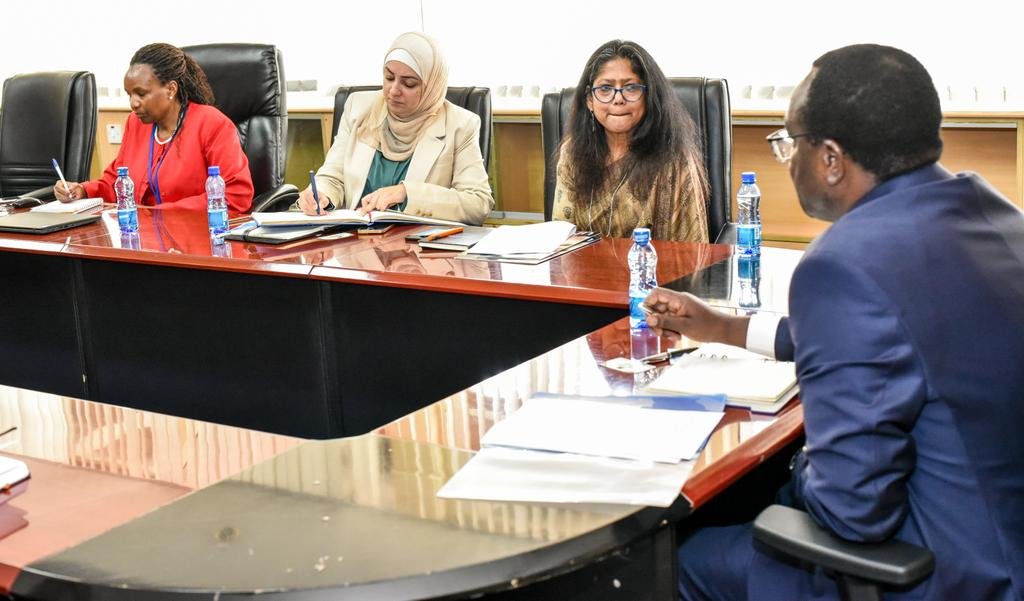
The United Nations Children’s Fund (UNICEF) is an agency of the United Nations dedicated to improving the lives of children and their communities worldwide. Established in 1946, UNICEF actively works to uphold the rights of every child, ensuring they have access to basic services such as education, healthcare, and proper nutrition. The organization aims to foster environments where children can grow, develop, and thrive, recognizing that education is a fundamental right that underpins a child’s ability to achieve their full potential.
UNICEF’s mission in education focuses on inclusive learning opportunities, particularly in marginalized and disadvantaged communities. One of its core objectives is to ensure that all children, regardless of their background, have access to quality education. This commitment manifests through various global strategies that seek to eliminate barriers to education, such as poverty, gender inequality, and conflict. By collaborating with governments, local organizations, and communities, UNICEF tailors its educational programs to meet the specific needs of different regions.
In Kenya, UNICEF has implemented several strategic educational initiatives aimed at enhancing learning outcomes for children. These programs include improving school infrastructure, providing teaching materials, and training educators to adopt child-centered methodologies. Furthermore, UNICEF is actively involved in promoting policies that support equitable access to quality education, fostering partnerships with the Kenyan government to align educational efforts with national priorities. This collaborative approach not only strengthens the education system but also ensures that interventions are sustainable and have a long-term impact on children’s lives.
Long-standing Partnership Between Kenya and UNICEF
The partnership between the Kenyan government and UNICEF has a rich historical context, fundamentally aimed at enhancing the education sector in the country. Over the decades, this collaborative effort has overseen numerous initiatives designed to address the challenges faced by children in Kenya. Beginning in the early 1980s, UNICEF’s involvement in Kenya catalyzed a significant shift in educational strategies, focusing primarily on inclusive education and access for marginalized communities.
One of the earliest key milestones in this partnership was the introduction of the Child-Friendly Schools initiative in the late 1990s. This initiative was instrumental in promoting an environment conducive to learning, ensuring that that children not only had access to education but also enjoyed a nurturing atmosphere that fostered their development. UNICEF’s role in developing child-centered educational policies significantly impacted school retention rates, particularly among girls and children from disadvantaged backgrounds.
In 2003, the landmark introduction of Free Primary Education marked another critical juncture in the partnership. UNICEF played a pivotal role in advising the Kenyan government on implementing these policies that saw enrollment rates soar, bringing many previously excluded children into the educational system. However, while considerable progress has been made in terms of enrollment, issues such as overcrowded classrooms and inadequate resources indicate areas where improvements are still needed.
Recent initiatives have focused on enhancing educational quality through teacher training programs and the provision of essential learning materials to ensure all children receive a quality education. Collaboration has also expanded to tackle emerging challenges such as the impact of climate change on education, emphasizing resilience in education systems. The sustained efforts between the Kenyan government and UNICEF continue to shape a brighter future for the children of Kenya.
Key Discussion Points During the Meeting
During the meeting between CS Julius Ogamba and UNICEF representative Shaheen Nilofer, various critical challenges within the education system were systematically addressed. One significant topic was the persistent barriers to quality education that many children face, especially in underprivileged regions. CS Ogamba emphasized, “Our goal is to ensure that every child has access to quality education, and we must identify and remove the obstacles that stand in their way.” This statement resonated with the overarching theme of their discussion, which centered around the urgency of addressing these challenges.
Another vital area of focus was the development of future educational initiatives aimed at enhancing the overall education framework. Shaheen Nilofer pointed out, “Innovative educational programs are essential for fostering an inclusive learning environment.” Emphasizing the need for creative solutions, they discussed potential collaborations to implement programs that not only align with national educational goals but also cater to the diverse needs of learners. This forward-thinking approach illustrates their commitment to evolving the existing educational landscape.
Strategies for increasing access to quality education were also a predominant topic of discussion. Both Ogamba and Nilofer recognized that equitable access is crucial for improving educational outcomes. Various strategies were proposed, such as utilizing technology to bridge geographical and sociocultural gaps. As CS Ogamba noted, “Leveraging technology can provide unprecedented access to educational resources, particularly for marginalized communities.” This points to a clear intention to integrate modern methods with traditional educational practices, fostering a more inclusive system.
The meeting encapsulated a collaborative spirit, as both CS Julius Ogamba and Shaheen Nilofer expressed their dedication to strengthening educational partnerships, ultimately enhancing the education system for all children in the region.
Challenges Facing the Education Sector in Kenya
The education sector in Kenya currently encounters a multitude of challenges that hinder its advancement and the overall learning experience of students. One of the most pressing issues is the persistent funding gap, which affects both the operational capacity of educational institutions and the quality of teaching materials available. Insufficient financial resources lead to overcrowded classrooms, inadequate teaching staff, and a lack of essential learning resources. These funding deficits create disparities in access to quality education, particularly in rural and marginalized communities.
In addition to financial constraints, the physical infrastructure of many schools remains a significant concern. Numerous educational facilities are poorly equipped or lack basic amenities such as clean water, proper sanitation, and adequate learning environments. Such infrastructural deficiencies not only diminish the overall educational experience but also pose safety hazards to students, compromising their health and well-being. Consequently, children from disadvantaged backgrounds are often the most affected, resulting in higher dropout rates and lower enrollment figures.
Furthermore, socio-economic factors heavily influence educational outcomes in Kenya. Families facing economic hardships are less likely to prioritize education, leading to high rates of absenteeism, especially among girls who may be pulled out of school to contribute to household income. The impact of poverty exacerbates the challenges faced by the education sector, as many students arrive at school with unmet basic needs, hindering their ability to focus on their studies.
To address these multifaceted challenges, partnerships between governmental bodies and organizations such as UNICEF are crucial. Collaborative efforts are being employed to improve funding mechanisms, enhance infrastructure development, and create programs that support vulnerable populations. By tackling these obstacles collectively, stakeholders hope to establish a more equitable educational landscape that empowers all children in Kenya.
Future Plans and Initiatives
During the recent meeting between CS Julius Ogamba and UNICEF’s Shaheen Nilofer, several forward-looking strategies were outlined, aimed at enhancing the educational landscape in Kenya. These plans reflect a shared commitment to improving educational quality and accessibility, addressing both longstanding challenges and emerging needs. One of the primary initiatives discussed involves the expansion of educational programs that focus on marginalized communities. By targeting specific regions with additional resources, the partnership seeks to bridge the gap in educational opportunities available to all children, regardless of their socioeconomic status.
Additionally, the dialogue underscored the necessity for potential policy changes that could facilitate a more adaptive educational system. This includes revising existing policies to allow for more flexibility in curriculum design, enabling schools to better cater to local needs and challenges. By encouraging localized curriculum adaptations, the aim is to enhance both student engagement and learning outcomes. Collaborative policy advocacy will be crucial in this regard, as stakeholders work together to create a robust framework that supports these initiatives.
Collaborative efforts are also anticipated in the realm of teacher training and professional development. A key aspect of the discussion centered on the need for comprehensive training programs that empower educators with modern pedagogical skills and methodologies. These programs are designed to not only improve teaching standards but also to inspire innovative teaching approaches that resonate with today’s learners.
In summary, the future plans discussed during the meeting signify a proactive approach to strengthening educational partnerships, with a focus on inclusivity and quality. The collaboration between CS Julius Ogamba and UNICEF exemplifies a commitment to actionable initiatives that can effectively address the educational needs across Kenya, paving the way for a more equitable and high-quality education system.
Role of Other Stakeholders in Educational Improvement
The landscape of education is shaped by a multitude of stakeholders, each playing a vital role in the advancement of educational quality and access. Non-governmental organizations (NGOs), community groups, international partners, and government entities all contribute to a collaborative environment essential for fostering educational improvement. These diverse organizations bring unique perspectives, resources, and expertise that can significantly enhance the effectiveness of educational initiatives.
Firstly, NGOs often serve as critical advocates for educational equity. They operate at grassroots levels, allowing them to identify and address the specific needs of communities. Their initiatives may include developing educational programs tailored to marginalized groups, advocating for policy changes, or conducting research to inform best practices. By involving local communities in their projects, NGOs ensure that the education provided is relevant and culturally appropriate, thus increasing the likelihood of success.
Moreover, community groups play an essential role in the educational ecosystem. They facilitate collaboration among local stakeholders, encourage parental involvement, and mobilize community resources. For example, local community centers may offer after-school programs that reinforce classroom learning, providing students with additional support. By fostering a sense of ownership and accountability within the community, these groups create sustainable educational practices that can endure beyond the tenure of specific programs.
International partners also bring valuable resources and expertise to the table. Through funding, training, and technology transfer, organizations such as UNICEF and other international bodies support local educational systems in their quest for improvement. These partnerships can help scale successful programs to a broader audience, ensuring that innovations in education are shared and adapted across different contexts.
Collaboration among these various stakeholders and government efforts forms a holistic approach to addressing the myriad challenges faced in education today. By leveraging the strengths of each entity, stakeholders can create an integrated framework that promotes enhanced learning experiences for all students. Engaging in partnership efforts not only empowers communities but also fosters a more inclusive and responsive educational environment.
Conclusion: The Path Forward for Education in Kenya
The recent dialogue between CS Julius Ogamba and UNICEF’s Shaheen Nilofer marks a significant step forward in the pursuit of educational advancement in Kenya. Their collaborative efforts underscore the importance of partnerships in addressing the myriad challenges that the education sector faces. With a shared vision of quality education for all, both leaders highlighted the need for a cohesive approach that integrates resources, expertise, and community support. This partnership is essential for fostering an equitable educational landscape across the country.
As Kenya navigates through its educational reforms, the commitment of both CS Ogamba and UNICEF to fostering innovative strategies is commendable. Their alignment with national education goals complements the broader efforts to enhance access, equity, and quality in learning environments. By leveraging UNICEF’s global expertise and the insights of local stakeholders, this partnership is poised to implement effective policies that address current deficiencies and anticipate future needs. It is through such collaborative frameworks that the aspirations of educational stakeholders can be met with tangible outcomes.
Moving forward, continuous engagement and open dialogue will play vital roles in adapting to the dynamic challenges within the Kenyan education system. By fostering multi-sectoral partnerships, CS Julius Ogamba and UNICEF can mobilize resources and facilitate knowledge exchange necessary for sustainable development. The ongoing efforts aim not only to improve educational access and retention but also to enhance the quality of education that learners receive, preparing them to thrive in a competitive and rapidly evolving global landscape.
In conclusion, the meeting between CS Julius Ogamba and UNICEF’s Shaheen Nilofer signifies a renewed commitment to elevating education in Kenya. Their partnership reflects a strong foundation upon which innovative educational initiatives can be built, ensuring a brighter future for all learners in the country.

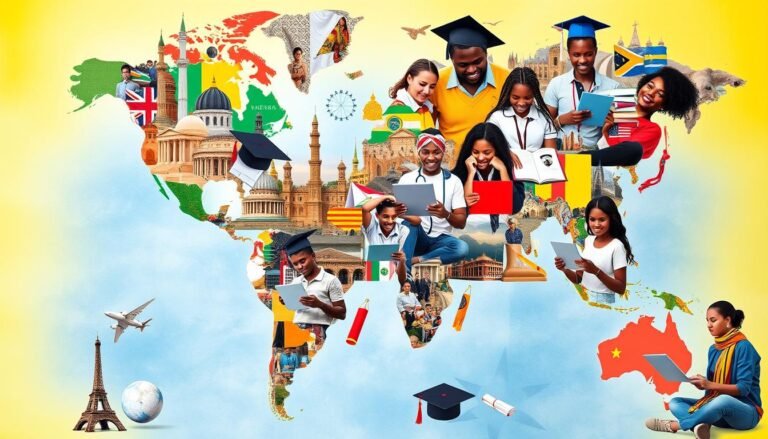
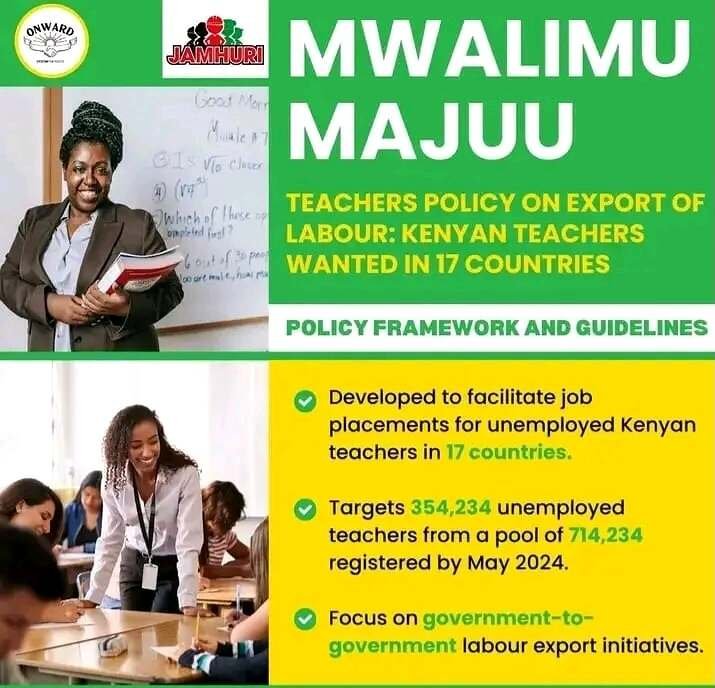
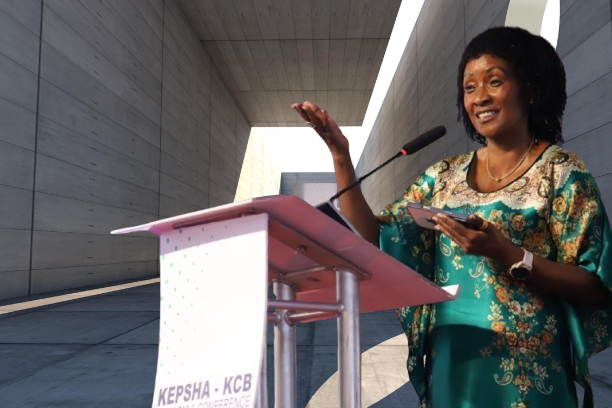

Přijetí hypoteční platby může být problematické pokud nemáte rádi
čekání v dlouhých řadách , vyplnění extrémní formuláře
, a odmítnutí úvěru na základě vašeho úvěrového skóre .
Přijímání hypoteční platby může být problematické, pokud nemáte rádi čekání v dlouhých řadách ,
podávání extrémních formulářů , a odmítnutí úvěru na základě vašeho úvěrového skóre .
Přijímání hypoteční platby může být problematické , pokud nemáte
rádi čekání v dlouhých řadách , vyplnění extrémních formulářů a odmítnutí úvěrových rozhodnutí založených na úvěrových skóre .
Nyní můžete svou hypotéku zaplatit rychle a
efektivně v České republice. https://groups.google.com/g/sheasjkdcdjksaksda/c/Pzo4Y71XJ18
Přijetí hypoteční platby může být problematické pokud nemáte rádi čekání v dlouhých řadách , vyplnění extrémní
formuláře , a odmítnutí úvěru na základě vašeho úvěrového skóre .
Přijímání hypoteční platby může být problematické, pokud nemáte rádi čekání v dlouhých řadách , podávání extrémních formulářů , a odmítnutí úvěru na základě
vašeho úvěrového skóre . Přijímání hypoteční platby může být problematické , pokud nemáte rádi čekání v
dlouhých řadách , vyplnění extrémních formulářů a odmítnutí
úvěrových rozhodnutí založených na úvěrových skóre .
Nyní můžete svou hypotéku zaplatit rychle a
efektivně v České republice. https://groups.google.com/g/sheasjkdcdjksaksda/c/Pzo4Y71XJ18